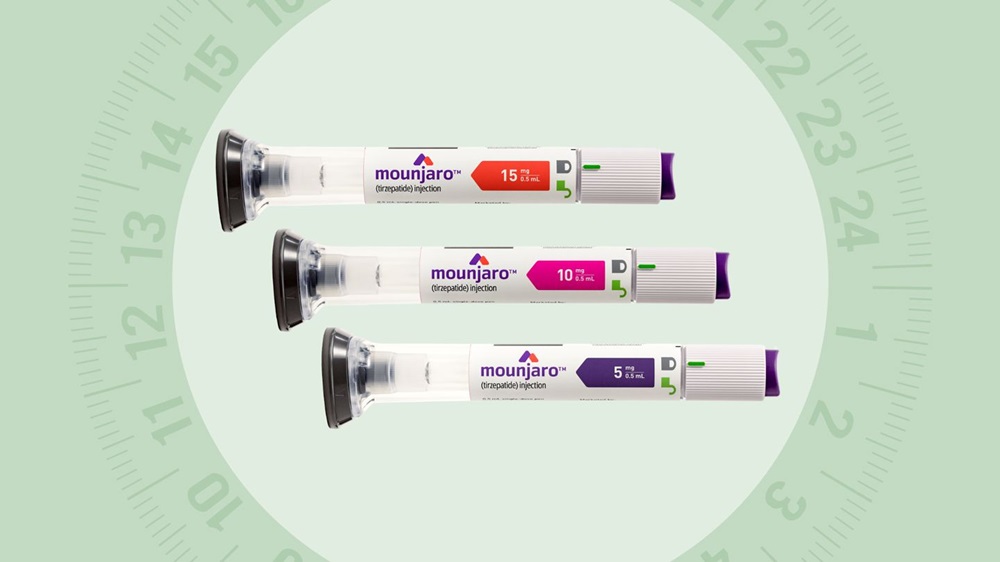The Future of Patient Care: Advanced Solutions for Better Outcomes
Discover the latest innovations in healthcare like AI, telemedicine, and genomic medicine that are revolutionizing patient care and improving outcomes.
The healthcare industry is rapidly evolving, with new technologies and approaches that aim to provide better, more customized care to patients.
From artificial intelligence to genomic medicine, advanced medical solutions for better patient care are emerging that have the potential to completely change how conditions are treated and how diseases are managed.
In this article, we’ll explore some of the most promising and exciting developments that are likely to improve patient care in the coming years.
These innovative solutions focus on preventative, personalized, and precision medicine – with the overarching goal of achieving better health outcomes for all patients.
Harnessing the Power of Artificial Intelligence
One of the most transformative technologies that is already making an impact is artificial intelligence (AI). AI is being applied across healthcare in a multitude of ways:
- Detecting diseases earlier – AI algorithms can analyze medical images and detect concerning abnormalities, like tumors, much faster and more accurately than the human eye. This enables earlier intervention.
- Personalizing treatment plans – By analyzing huge datasets, AI systems can take into account an individual’s genetics, lifestyle, and medical history to provide tailored treatment recommendations.
- Making diagnostic processes more efficient – AI chatbots and virtual assistants can help streamline administrative tasks, freeing up doctors to spend more time with patients.
The adoption of AI has the potential to revolutionize early disease detection and prevention – leading to more positive outcomes for patients.
The Rise of Telemedicine
Another significant innovation is the increasing use of telemedicine and remote care. This allows patients to consult doctors and receive care from the comfort of their homes via phone or video calls.
Some major benefits of telemedicine include:
- Increased accessibility – Patients in rural areas or with limited mobility can easily access medical expertise.
- Convenience and flexibility – Telemedicine fits around the patient’s schedule and removes the need for travel.
- Lower costs – Virtual visits are often cheaper than in-person appointments, reducing healthcare expenses.
Telemedicine makes care more accessible and convenient to all – especially those who are immobilized or located far from hospitals and clinics.

Unlocking the Secrets of Genomic Medicine
Genomic medicine is an explosively growing field that involves studying a patient’s DNA and genes to determine the best approach to prevent or treat disease.
The plummeting costs of genetic sequencing have made personalized genomic medicine a reality.
Key applications include:
- Earlier diagnosis – Genetic testing can identify individuals predisposed to cancers and diseases like Alzheimer’s, allowing preventative steps to be taken as early as possible.
- Targeted therapies – Understanding a tumor or disease’s genetic profile allows drugs to be tailored to specifically target the right biological mechanisms.
- Gene editing – New gene editing tools like CRISPR open the possibility of directly modifying DNA to correct mutations and cure genetic conditions.
Genomic medicine promises to reveal the unique genetic vulnerabilities of a disease in each patient. Treatments can then be precision-targeted for better therapeutic results.
The Exciting Road Ahead
It’s an incredibly promising and exciting time in healthcare. Powerful emerging technologies like AI, telemedicine, and genomic medicine point the way to a future defined by predictive, preventative, and personalized care.
While challenges remain in integrating these advanced solutions, the long-term outlook is bright.
We are moving towards a healthcare system with improved access, enhanced treatment protocols, and most importantly – better outcomes for patients.
The coming innovations offer solutions that learn from millions of cases, can monitor individuals remotely 24/7, and understand each patient at a genetic level.
This convergence of big data, connectivity, and bioinformatics will help empower both patients and providers – transforming how we think about disease prevention and management.













